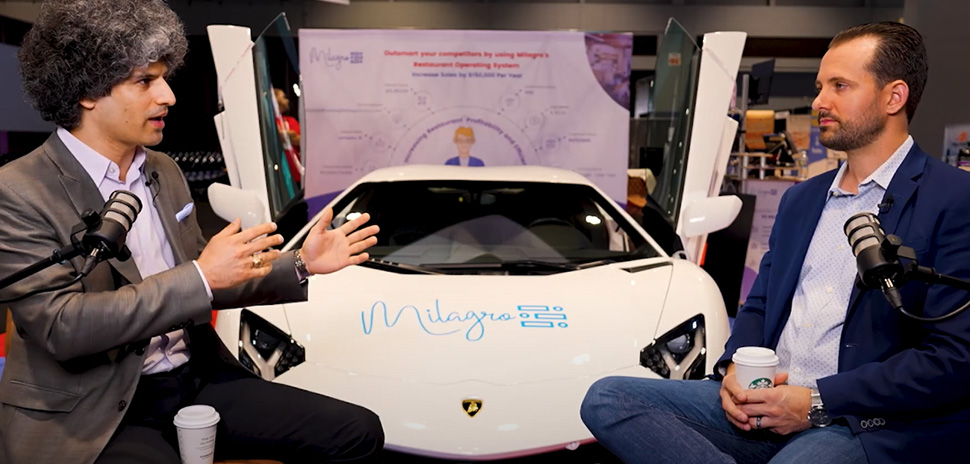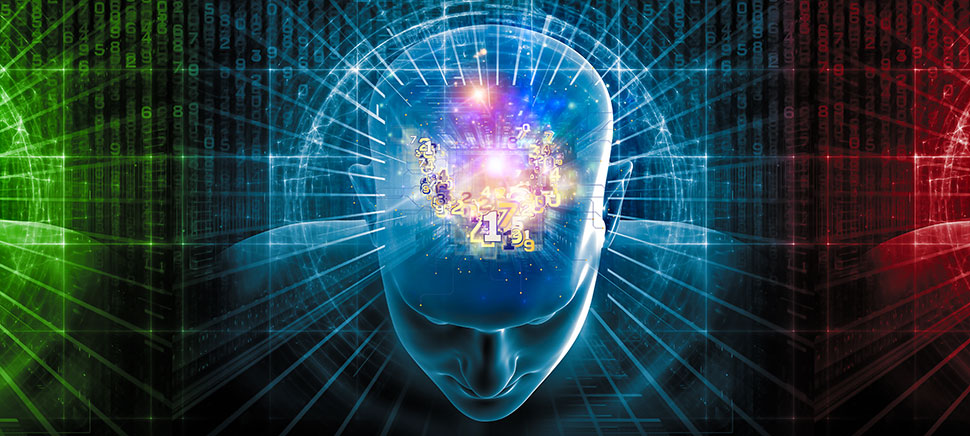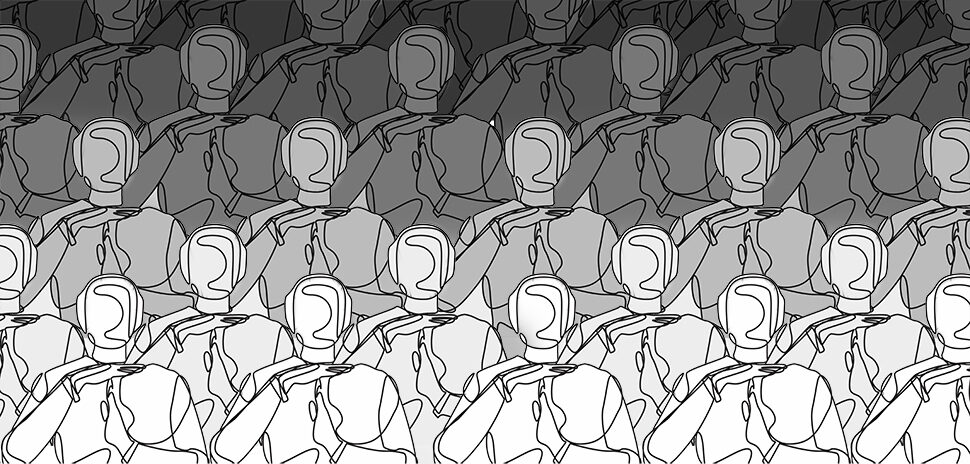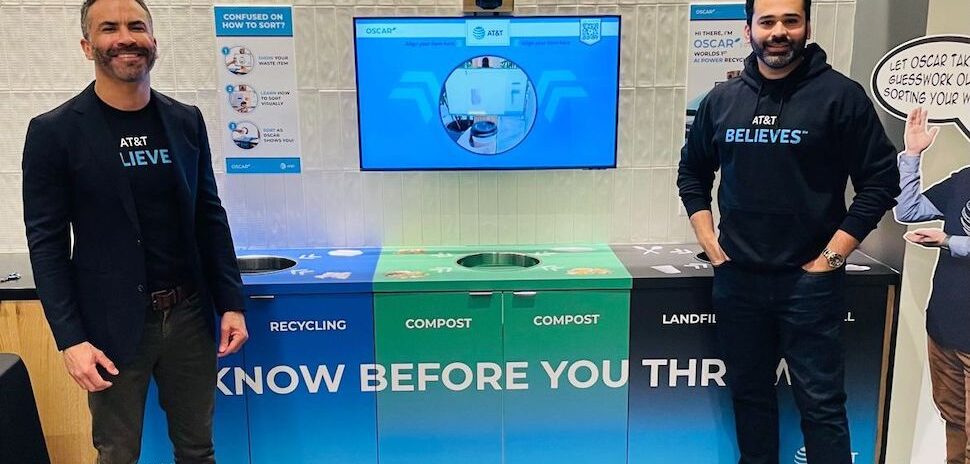Hamed Mazrouei, CEO of Milagro Corp., is emphatic about the transformative potential of AI in the restaurant industry. His North Texas-based company, headquartered in Lewisville, provides AI-powered marketing automation solutions tailored for multi-location restaurants and retailers.
AI’s potential for predictive analytics can significantly streamline operations and enhance decision-making processes for restaurant owners, the CEO says.
Recently, Milagro announced plans to integrate OpenAI’s ChatGPT technology into its Restaurant Operating System, or ROS, for a more intuitive user experience.
Milagro’s platform was developed as an all-in-one restaurant operations solution, from point-of-sale systems and online ordering to customer experience management and loyalty programs. Now the ChatGPT integration will let users query the operating system directly and receive instantaneous, relevant information, the company said.
‘The entire restaurant industry will change as we know it.’
In the next 12 months, the CEO said, “the entire restaurant industry will change as we know it.”
In a statement, Marouei envisioned that “forecasting will be 100% accurate, [allowing] for extreme efficiency where the AI will forecast sales, and schedule labor accordingly based on YoY sales, holidays, employee’s past performance, and even the weather.”
The CEO calls this shift the “realization of a business owner’s dreams,” adding that the “integration and capabilities of AI are happening much sooner than we expected.”
One anticipated benefit for restaurant owners is AI’s ability to deliver precise sales and labor forecasts, a feature that Mazrouei emphasizes as particularly valuable.
AI is “always learning—24/7,” Mazrouei said. And “as we continue to train it [with] new categories and add data, it gets better at correlating data.”
‘Decision-making data at your fingertips’
Milagro said that AI will connect the dots to discover highly valuable information better than humans could.
Milagro said its proprietary restaurant software captures data that lets restaurateurs maximize customer information through personalized messaging, using data to boost revenue.
Mazrouei said AI analytics and available templates will allow restauranteurs to easily access sales by location, view top-selling items, and assess employee performance without having to run any custom reports.
Another part of the business the system could help is sales and marketing, where teams may not have the manpower to communicate with customers efficiently.
For example, AI could intercept a negative communication from a customer, write a personalized message addressing the feedback, and offer a customized incentive to try and create a positive interaction, Milagro said.
The AI also will be able to correlate customer behavior and offer promotions based on each individual customer’s preferences to increase sales.
“Having decision-making data at your fingertips will not only help increase efficiency but also lower costs,” Mazrouei said.
A tech-driven turning point for restauranteurs
Mazrouei says Milagro believes the technology is a turning point for restauranteurs.
“Those who adopt the technology will be more profitable and will have the opportunity to differentiate themselves and create a truly loyal customer base,” he said.
In a recent tech chat on YouTube with Milagro board member Kendall Ware, former President of Cinnabon and Carvel, Mazrouei delved deep into the transformative potential of AI, particularly OpenAI’s ChatGPT, in the restaurant industry.

Milagro CEO and Founder Hamed Mazrouei and Milagro board member Kendall Ware break down how ChatGPT and the use of artificial intelligence will impact the restaurant industry in a Techbite video.
AI can dramatically improve guest feedback mechanisms, Mazrouei said: “AI now will know everything about the customer, which location they’re visited, what items they ordered, what was the problem areas, and they’ll automatically just write a personalized message.”
AI’s ability to monetize customer data is another game-changer, according to Marouei, as long as that data isn’t trapped in silos. The CEO stressed that having access to and making use of customer data is critical for restaurants. As he put it, “If you don’t have your customer data, you’re done. You might as well close the doors now because it’s going to be a painful death.”
But he cautions, “Data itself is useless. If it’s not actionable, it’s useless.” Noting that companies like UberEats and DoorDash know how to turn data into “cash in the bank,” Mazrouei says restaurant chains need to master that technique, too.
From strategic data monetization to identifying potential brand ambassadors to accurate sales and labor forecasting, restaurateurs can adapt to AI technologies to stay competitive and meet their customers’ evolving expectations.
“You have to start,” Mazrouei advised. “If you’re not tech savvy, you need to get somebody on your team that is, or you need to partner with partners” that can help.
Teaming up with SoundHound
In 2022, we told you about how Mazrouei said that the voice AI ordering system of his company Vivant streamlines operations for restaurants so they can focus on their food and their guests. The company described it as a “virtual employee who answers calls, takes orders, and makes reservations.”
Vivant teamed up with California-based SoundHound to help restaurants take customer service to the next level with a “state-of-the-art” Voice AI Ordering platform, according to a news release. The tech solution provider says it’s a cost-effective solution to current labor shortages.
Quincy Preston contributed to this report.
![]()
Get on the list.
Dallas Innovates, every day.
Sign up to keep your eye on what’s new and next in Dallas-Fort Worth, every day.












![[Image: Ryzhi/istockphoto]](https://s24806.pcdn.co/wp-content/uploads/2019/02/Ryzhi_big-data-and-artificial-intelligence-domination-concept-vector-id1060622908-970x464.jpg)




















































